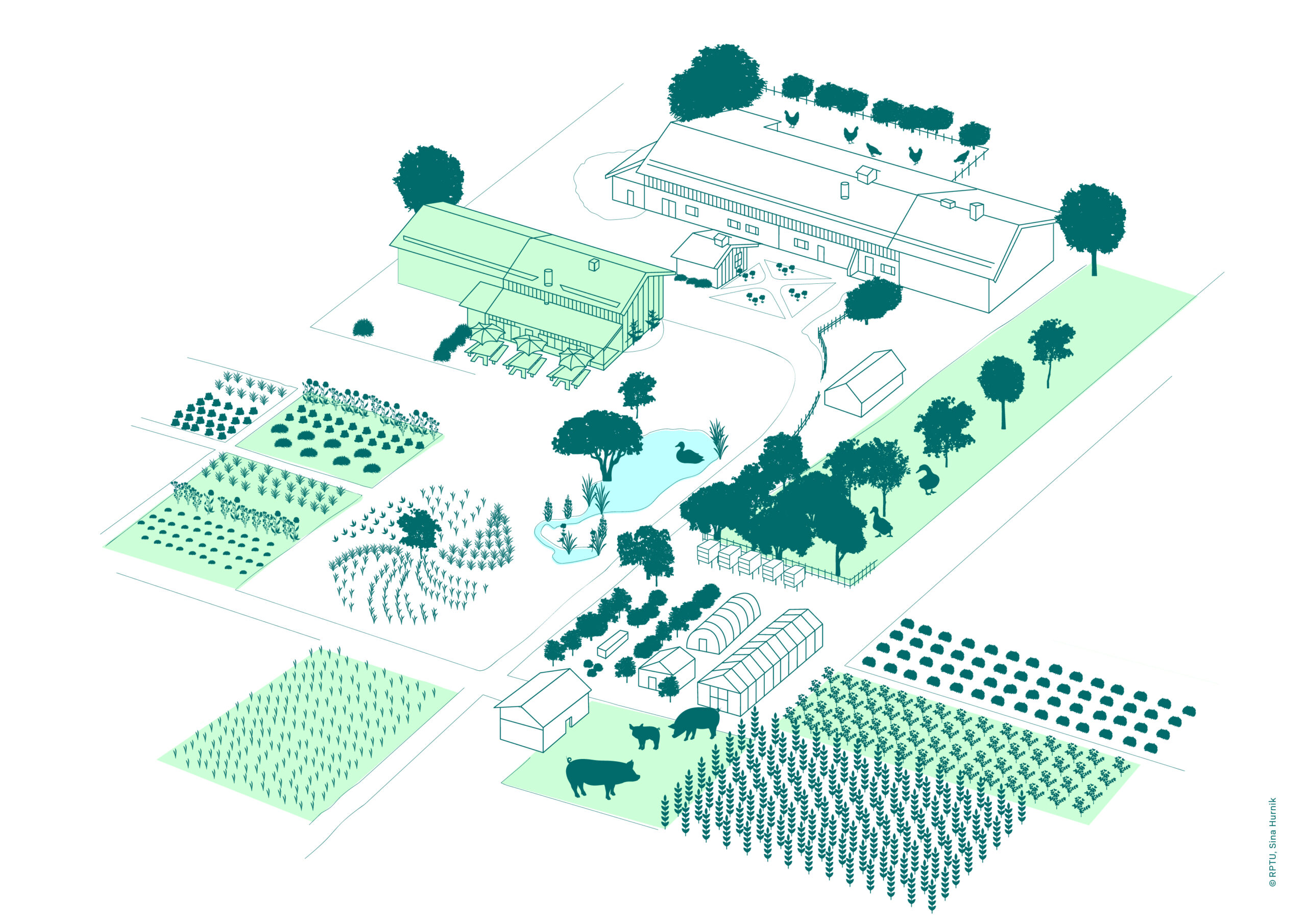Saving Tropical Forests Through International Research Collaboration -Dr Peter Beck and Dr Michael Wasserman
Original Article Reference
This SciPod is a summary of the paper:
Share Episode
About this episode
Tropical forests are some of the most biodiverse ecosystems on the planet, but extensive deforestation has pushed many species to the brink of extinction. Conservation efforts have been limited by political and socioeconomic backgrounds of each region. By integrating ecological and social research techniques, Dr Peter Beck at St Edward’s University, Dr Michael Wasserman of Indiana University and their colleagues examine the effectiveness of tropical forest conservation strategies and the factors that encourage people to conserve their forests. Their extensive project also provides international research experience to STEM students from underrepresented backgrounds, and helps foster scientific and cultural exchange between countries.
This work is licensed under a Creative Commons Attribution 4.0 International License. 
What does this mean?
Share: You can copy and redistribute the material in any medium or format
Adapt: You can change, and build upon the material for any purpose, even commercially.
Credit: You must give appropriate credit, provide a link to the license, and indicate if changes were made.
Related episodes
Julius Reiff | Soil, Seeds, and Sustainability: The Power of Permaculture during Environmental Breakdown
Pressing environmental challenges, such as soil degradation, biodiversity loss, and climate change, can negatively affect agriculture, while also being driven by common agricultural practices. To tackle this predicament and ensure food security while promoting environmental sustainability, innovative agricultural practices are essential. Permaculture, a holistic approach to farming that mimics the stability and resilience of natural ecosystems, offers a promising solution. A recent study conducted by Julius Reiff of the Institute for Environmental Science, RPTU University of Kaiserslautern-Landau, Germany, and colleagues, provides compelling evidence of the benefits of permaculture in enhancing carbon stocks, improving soil quality, and boosting biodiversity.
Dr Alan Cottey | How we can Improve our Science Communication to Create Climate Crisis Action
We are facing a climate crisis that threatens our entire world and life as we know it. Despite this, scientists have found it difficult to engage people on the issue and inspire effective action. Dr Alan Cottey at the University of East Anglia explores the history of scientists’ climate warnings and suggests a four-register model of communication that he believes has the potential to reach people with varying degrees of scientific literacy and different lifestyles.
Dr Piergiorgio Gentile | Utilising Cocoa Pod Waste to Improve the Sustainability of Chocolate
With a history as rich as its flavour, chocolate in its various forms has been loved by people for over 5000 years. Currently, however, chocolate is facing a serious threat. The improper disposal of cocoa waste products is spreading devastating diseases through cocoa crops across the world. To address this serious problem, Dr Piergiorgio Gentile from Newcastle University and Dr Joel Girón-Hernández from Northumbria University with their collaborators have been exploring new uses for cocoa waste products, to increase sustainability and prevent the spread of crop diseases.
Riccardo Losciale | Overcoming Barriers to Protect Seagrass Meadows: A Critical Marine Ecosystem
Shallow coastal waters are home to a unique and important plant – the seagrasses. Seagrasses, defined as underwater flowering plants, form vast meadows within shallow coastal waters across almost all continents. Seagrass meadows are one of the most significant ecosystems on the planet, and our future depends on them. Seagrass is vital for biodiversity, supports global fisheries, and is indispensable for tackling climate change. Despite the value of seagrass meadows, efforts to conserve them are falling short. Through their research, Riccardo Losciale and his team from James Cook University in Australia aim to identify and overcome the barriers to seagrass conservation.
Increase the impact of your research
• Good science communication helps people make informed decisions and motivates them to take appropriate and affirmative action.
• Good science communication encourages everyday people to be scientifically literate so that they can analyse the integrity and legitimacy of information.
• Good science communication encourages people into STEM-related fields of study and employment.
• Good public science communication fosters a community around research that includes both members of the public, policymakers and scientists.
• In a recent survey, 75% of people suggested they would prefer to listen to an interesting story than read it.

Step 1 Upload your science paper
Step 2 SciPod script written
Step 3 Voice audio recorded
Step 4 SciPod published




